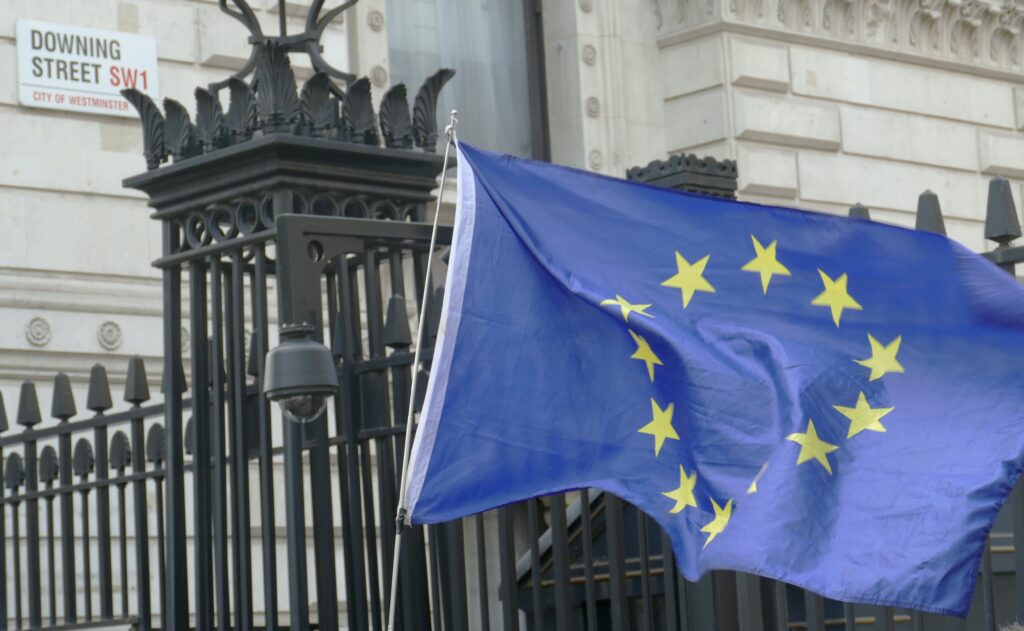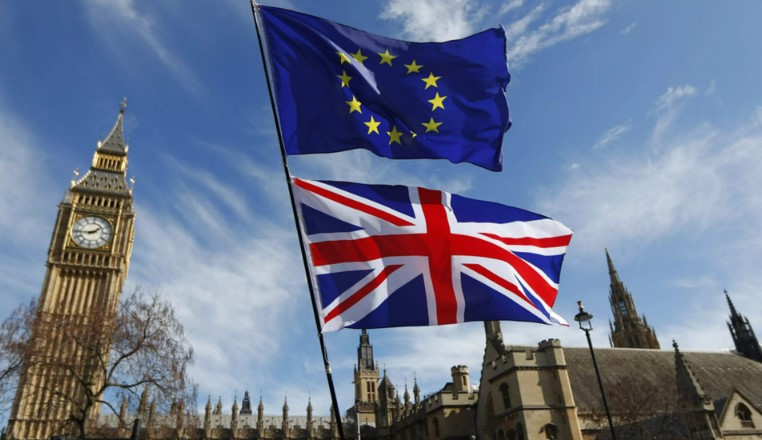Brexit six years later: for Europeans living in the UK it is still an open wound
The survey, conducted by various British universities for the Migzen project funded by the Economic and Social Research Council, asked the opinion of hundreds of European citizens who in 2016 had been resident in Great Britain for over five years and who therefore had the right permanent residence permit or “settled status”.
LONDON - Six years later, Brexit is still an "open wound"
LONDON – Six years later, Brexit is still an “open wound” for European citizens living in Britain, according to a survey released today on the anniversary of the referendum on June 23, 2016.
The shock of the then result has dissipated, but the decision by 52% of Britons to leave the EU continues to have negative repercussions for the millions of Europeans who had settled in the UK. The many who chose to stay on after Brexit now feel betrayed and in a precarious and insecure position and have lost faith in their adopted homeland.
After Brexit, fears remain
However, the right to stay does not seem to have allayed their fears. Brexit has had “a profound and lasting impact on the lives and sense of identity and belonging of European citizens in the United Kingdom – explains Nando Sigona, professor of sociology at the University of Birmingham, president of the International Migration division and lead author of the study – . Here we talk about Brexit as something now done and outdated, but for European citizens it remains an open wound”.

The ramifications of Brexit
The ramifications of Brexit continue to have an impact on the daily lives of European citizens and on their opinion of the country in which they live, with a marked decline in trust in the British institutions and politicians. 72% of respondents said they still had an emotional attachment to the UK, but 89% admitted they had a less positive opinion. The words most used by the respondents were “disappointment”, “betrayal”, “sadness”, “frustration”, “anger” and “disgust”, while many expressed the unpleasant feeling of not being welcome anymore.
Concern about work and residence
From a more practical point of view, many fear that their right of abode could be changed in the future, also citing the fact that unlike British citizens in the EU, they have not been granted an identity document but an available digital certificate Online only. “Given the lack of trust in the British immigration system many people still feel insecure,” explains Sigona. Despite all these negative aspects, the majority of EU citizens do not intend to leave the UK especially for work reasons.

The survey reveals that Brexit has strengthened the European identity of 90% of those questioned more than their desire to return to their country of origin. “Before I had never been very interested in the EU, but after the referendum I read up on a lot to be able to defend it from the lies I constantly read in the British press,” said an Italian citizen.


